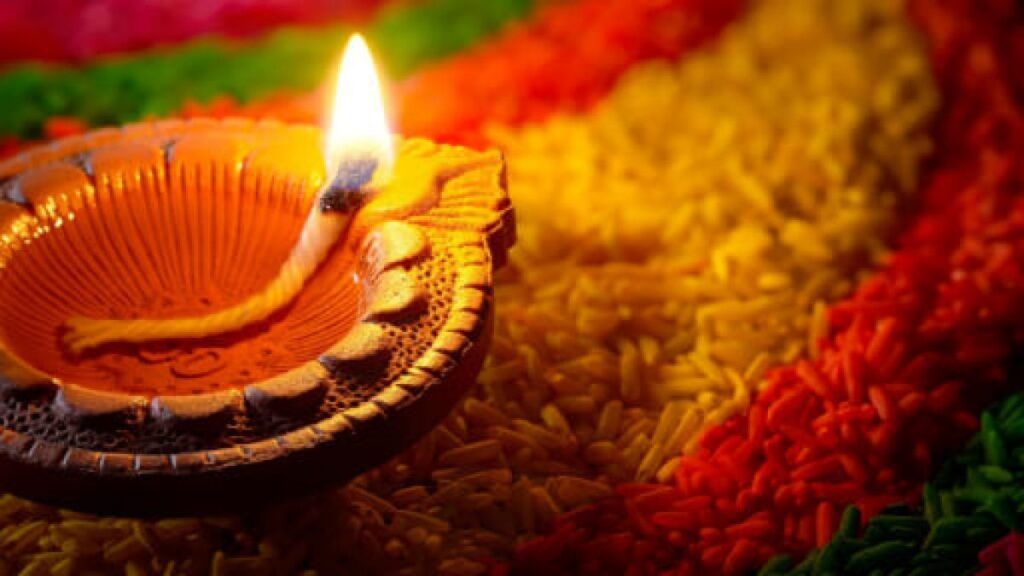Diwali is celebrated with enthusiasm and joy, and the customs and rituals associated with the festival may vary across different regions and communities. However, there are several common customs and traditions that are widely observed during Diwali. Here is an overview of the traditional ways Diwali is celebrated:
-
Cleaning and Decoration:
- Before Diwali, people thoroughly clean and decorate their homes. The idea is to welcome the goddess of wealth, Lakshmi, into a clean and well-lit environment. Decorations often include colorful rangoli patterns at the entrance, lights, lamps (diyas), and candles.
-
Lighting of Lamps and Candles:
- The lighting of lamps and candles is a central aspect of Diwali. It symbolizes the victory of light over darkness and the dispelling of ignorance. Homes, temples, and public spaces are illuminated with rows of lights and lamps.
-
Rangoli:
- Women often create intricate rangoli designs at the entrance of their homes. These designs are made using colored powders, rice, flower petals, or other materials. Rangoli is believed to bring good luck and enhance the festive atmosphere.
-
Prayers and Pujas:
- Families gather for prayers and perform special pujas (ritual worship) during Diwali. The prayers are often dedicated to Goddess Lakshmi, seeking her blessings for wealth and prosperity. In some regions, prayers are also offered to other deities associated with Diwali, such as Lord Ganesha or Lord Rama.
-
Distribution of Sweets and Gifts:
- Exchanging sweets and gifts is a common Diwali tradition. Families and friends visit each other, share festive meals, and exchange sweets and gifts as a symbol of love and goodwill.
-
Crackers and Fireworks:
- While the use of firecrackers has been a traditional part of Diwali celebrations, there is increasing awareness about the environmental impact of fireworks. In recent years, there has been a growing emphasis on eco-friendly celebrations, encouraging people to minimize or avoid the use of firecrackers.
-
New Clothes and Jewelry:
- It is customary for people to buy new clothes and jewelry for themselves and their family members during Diwali. Wearing new clothes symbolizes the spirit of renewal and prosperity.
-
Feasting:
- Diwali is a time for feasting and enjoying special festive foods. Families prepare a variety of sweets and savory dishes, and it is common to share these treats with neighbors and friends.
-
Charity and Acts of Kindness:
- Diwali emphasizes the importance of giving and charity. Many people choose to donate to charitable causes, feed the less fortunate, or engage in acts of kindness during the festival.
These customs and rituals make Diwali a vibrant and culturally rich celebration that brings people together in a spirit of joy, gratitude, and togetherness. It is a time for reflection, renewal, and the celebration of life’s blessings.
also read :
What is the meaning of Diwali? Why is Diwali celebrated? What is the significance of Diwali?
